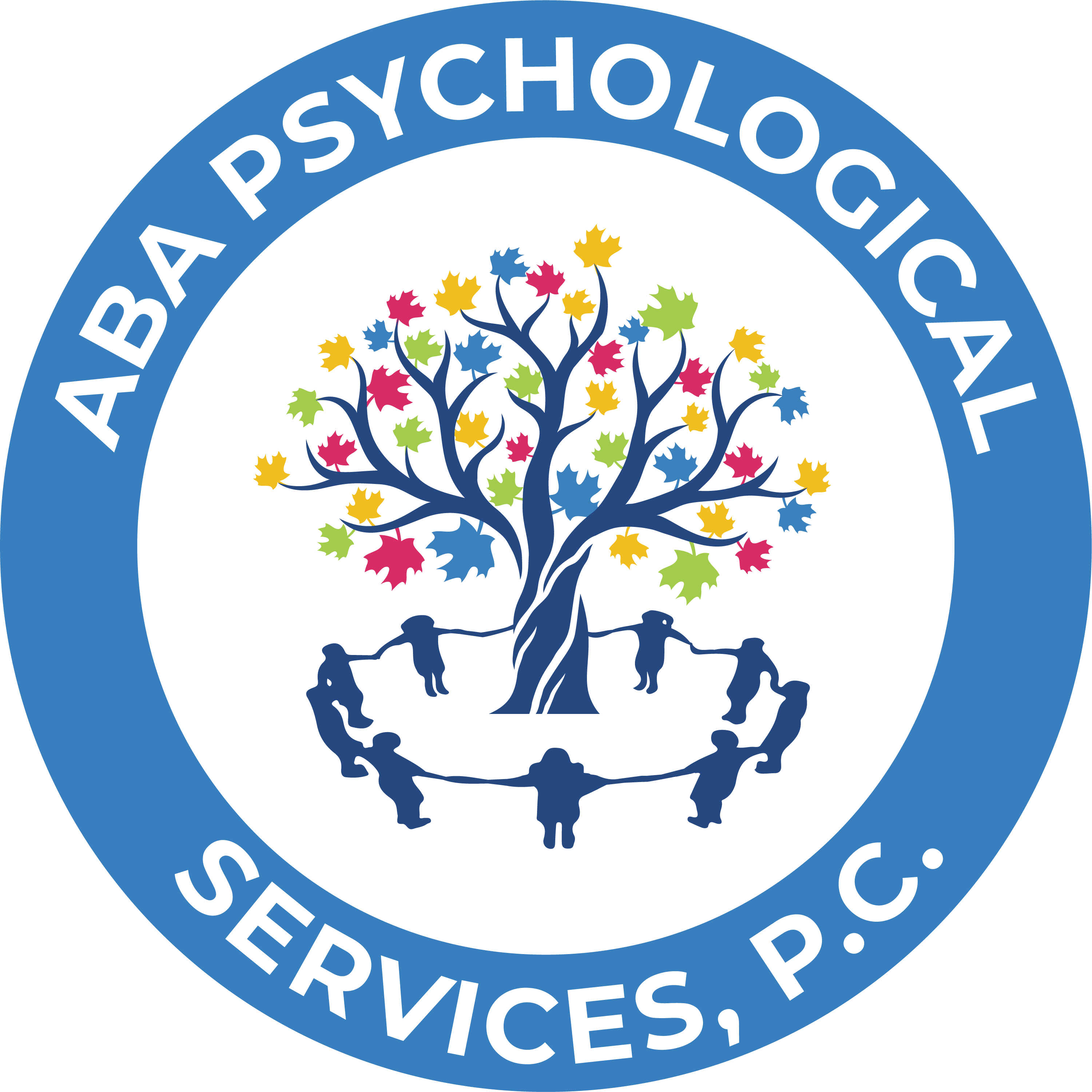
NEWS
Babysitting & In-Home Care for Your Autistic Child
January 18, 2023
By ABA Psychological Services
Babysitting & In-Home Care for Your Autistic Child
Tending to and caring for children of any age is stressful and emotionally taxing. As a primary caregiver for an autistic child, the day-to-day care can be even more overwhelming. Hiring a babysitter can give you and other family members a much-needed break, reduce stress, and help your child gain independence. However, it’s crucial to find the right babysitter, one familiar with the needs of an autistic child. We’ll discuss how to find specialized babysitters, tips for babysitting an autistic child, and other forms of care that can help caregivers.
Where to Find a Babysitter for Autistic Children
Many parents will rely on their social groups when needing a babysitter. Usually, it’s a neighborhood teen that lives close by and meets the parent’s qualifications and schedule. For those with autistic children, the search can be a bit more complicated. Here are five areas you can tap into to find a babysitter that best meets your child’s needs.
1. Family
We rely on family for many things, and qualified, trusted babysitters are one of them. Older children, grandparents, and relatives are usually the first ones we lean on. But family can move away, have busy schedules, or need a break. So it’s always a good idea to have a backup.
2. Your Local Religious Organization
Most religious organizations have teachers and assistants that are well versed and knowledgeable in taking care of kids of all abilities, neurotypical and neurodivergent.
3. Reputable Babysitter Sites
Do a quick search on the Internet using the terms “babysitters for autistic children” or “special needs.” You’ll find several babysitter sites that can help you find a sitter based on location and your needs. Most of these sites are free, and you’ll need to join or sign up to access their listings.
4. Parents of Autistic Kids
If you belong to support groups (online and in-person) for parents of autistic children, tap into their knowledge and support. A simple question or recommendation can generate a huge and positive response.
5. Colleges & Universities
If you live close to a university or college, try posting a request for care needs through the dean’s office, department head, or the college’s work/study program. Make sure the college has courses in special education to find qualified students.
Once you have found someone you feel is qualified, vet them properly. Do they know CPR? Do they have references? How much experience do they have working with autistic children? Your child’s developmental and behavior levels will be a primary factor in determining a good fit. Schedule a meet and greet beforehand to see how they relate and react to each other.
What are Other Types of Care Available for Autistic Children?
Having a babysitter trained and knowledgeable in working with autistic children is immensely beneficial for parents and caregivers. However, you may be looking for care that can be regularly scheduled or take place outside the home and has extensive professional screening. Respite care specifically for an autistic child could fill your needs.
What is Respite Care
Respite care (sometimes called in-home care) is not childcare. Respite care provides short-term relief for the caregiver. It is often used when caring for an aging parent, a family member with a disability, or an illness. This type of care can be arranged for a single afternoon or weeks at a time. For example, a caregiver could schedule respite care every Wednesday from noon to 3pm.
Respite care can take place in a location outside of the home, such as a dedicated facility. Or there is in-home respite care where a professional will come to your home.
How to Get Respite Care
There are many in-home care organizations throughout the country. For parents and caregivers with autistic children, the
National Respite Network has helpful information and a locator tool to find a provider in your neighborhood.
Babysitting Autistic Children
Depending on the child, age, and where they are on the spectrum babysitting autistic children can vary significantly in terms of needs and activity. You’ll have discussed their needs beforehand, but it’s a good idea to create a checklist, instructions, and phone numbers, so they can review and have them ready while babysitting.
Tips for Your Babysitter
As you know your child best, you’ll be able to impart valuable tips and strategies to your babysitter or in-home caregiver. Below are tips for your new sitter that will help make for a relaxed time.
1. Have the in-home caregiver or sitter meet the child beforehand if possible.
2. Go over needs, likes, and dislikes. Be sure they have a copy or send it via text or email.
3. Make a list of bedtime routines for a calming transition.
4. If a meltdown or tantrum occurs, be sure the sitter knows what to do that is specific to your child’s needs.
5. Make sure your contact info is easily accessible. Also, have a backup in place, such as a close friend, a spouse, or another trusted individual that can help if an emergency arises and you are unavailable.
Take Care of You!
Caring for a loved one with autism can be physically, emotionally, and mentally challenging. Even on the best days, you can feel exhausted. Although we know this may be hard,
try not to feel guilty about leaving or going out to have fun. Having time for yourself will bring out the best in you and will benefit your child.
If you’re looking for in-home therapy services, ABA Psychological Services offers one-on-one
applied behavior analysis therapy available during the day, evening, and weekend
times in the comfort of your home in our office.
Learn more or schedule an appointment today!
Back to blog
